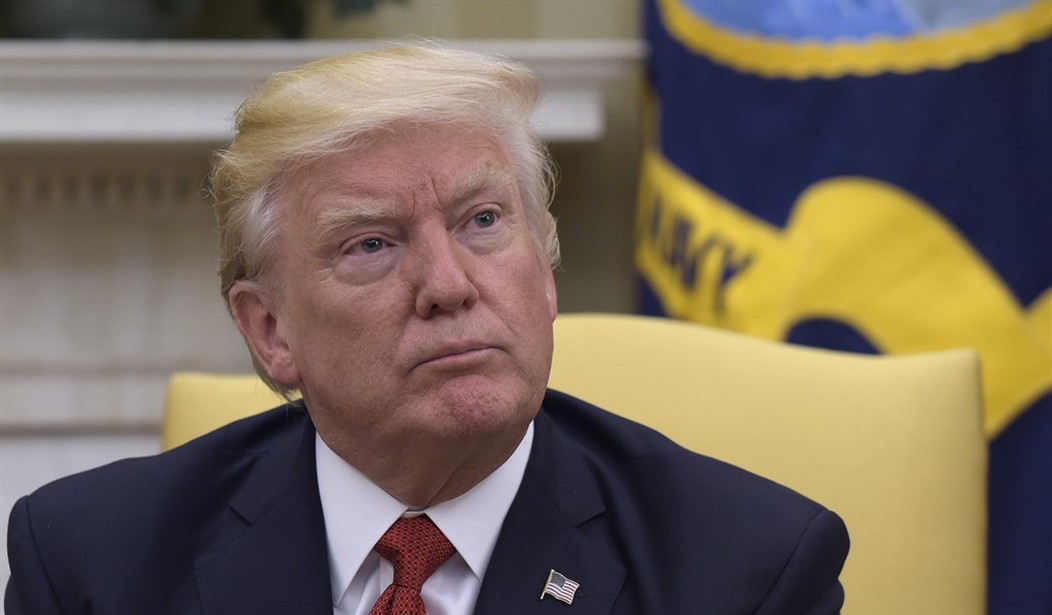Question for legal eagles: Is this standard practice with voluntary disclosures, which is what Trump’s is? It sure looks like an admission by him and his lawyer that the filing might not be accurate, which is why there’s lots of buzz about it on social media this afternoon. But I can imagine more and less sinister explanations for why that might be so.
Note that this story’s not based on anonymous sources but on correspondence obtained via FOIA.
Attorney Sheri Dillon said she saw no need for Trump to sign his 2016 personal financial disclosure because he is filing voluntarily this year. But [Office of Government of Ethics] director Walter Shaub said his office would only work with Dillon if she agreed to follow the typical process of having Trump make the certification. That is standard practice for the thousands of financial disclosure forms OGE processes each year…
“As we discussed, OGE will provide this assistance on the condition that the President is committed to certifying that the contents of his report are true, complete and correct,” Shaub wrote in a May 10 letter. “When we met on April 27, 2017, you requested that he be excused from providing this certification.”
In her letter to Shaub, Dillon says the president will “sign and file” documents regarding his 2016 financials by mid-June — an indication that she agreed to the OGE requirement that the president certify the information as true to the best of his knowledge.
Pretttttty crafty of Shaub, an outspoken critic of Trump’s ethical behavior, to note in a letter that Dillon had made a dubious request when they met face to face. He knew that their correspondence might be FOIA’d by the media and that it would generate a story just like this one.
The not-so-sinister explanation for Dillon’s reluctance to have Trump sign the disclosure is that his business interests are global and cut across various industries, a web so sprawling and complex that the risk of an innocent but significant error in reporting his finances is unusually large. If he signs the disclosure and it turns out the accountants got something wrong, suddenly the media will be screaming about perjury, cover-ups, and on and on. If the disclosure is voluntary, why run that risk when you don’t need to? Keep Trump’s fingerprints off the document so that he can deny ever having read it if it presents a problem for him later on.
Question, though. Why would he be reluctant to sign a financial disclosure when he surely signed the federal tax return on which much of the disclosure is based? He’s in legal jeopardy if he filed a false return with the IRS; if he was satisfied that the return is accurate, he should be satisfied that the resulting disclosure is accurate too, no?
The sinister explanation, of course, is that the disclosure’s chock full of deliberate lies and both Trump and Dillon know it. If signing the document really would amount to perjury, then obviously she’s going to try to avoid having Trump sign it. But that explanation’s undercut by the fact that she did apparently finally agree to have Trump sign. If the perjury risk were really that great, presumably she and Trump would have played it safe by declining to file a voluntary disclosure in the first place. Which makes me wonder: What the hell was Dillon doing even raising the idea of Trump not signing the form knowing how shady it would look and that Shaub might let the world know of her request? Either follow normal procedure or refuse to file altogether. If Trump got away with not posting his tax returns, he’d get away with not disclosing too.








Join the conversation as a VIP Member